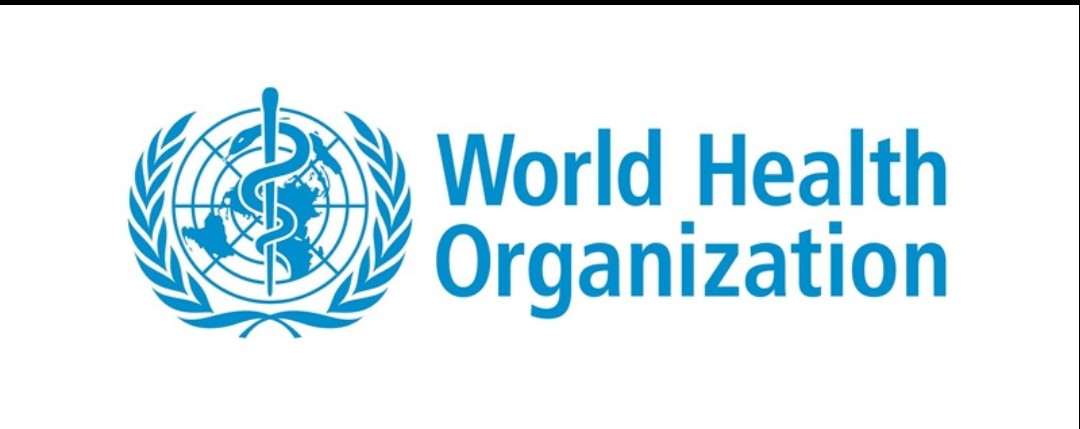The World Health Organisation (WHO) and other UN organisations, on Wednesday, inaugurated the COVID-19 Law Lab initiative, to provide vital legal information and support for the global COVID-19 response.
The new Lab (at covidlawlab.org) is a joint project of WHO, UN Development Programme (UNDP), the Joint UN Programme on HIV/AIDS (UNAIDS) and the O’Neill Institute for National and Global Health Law at Georgetown University, U.S.
In a statement jointly issued by the organisations, they noted that the COVID-19 Law Lab initiative gathered and shared legal documents from over 190 countries across the world.
This, they agreed, was to help states to establish and implement strong legal frameworks to manage the pandemic.
The goal is to ensure that laws protect the health and wellbeing of individuals and communities and that they adhere to international human rights standards.
The law lab can also help to build strong health systems; evaluate and approve safe and effective drugs and vaccines; and enforce actions to create healthier and safer public spaces and workplaces.
It is key to effective implementation of WHO International Health Regulations: surveillance; infection prevention and control; management of travel and trade; and implementation of measures to maintain essential health services.
The joint statement quoted Achim Steiner, the UNDP Administrator, as saying: “laws and policies that are grounded in science, evidence and human rights can enable people to access health services.
“They can also help to protect people from COVID-19 and live free from stigma, discrimination and violence.
“The COVID-19 Law Lab is an important tool for sharing good practices on laws and policies.”
According to the statement, the COVID-19 pandemic has seen a vast increase in urgent legislative action to control and reduce the pandemic.
The statement quoted Dr Tedros Ghebreyesus, the WHO Director-General, as saying that “strong legal frameworks are critical for national COVID-19 responses.
“Laws that impact health often fall outside the health sector. As health is global, legal frameworks should be aligned with international commitments to respond to current and emerging public health risks.
“A strong foundation of law for health is more important now than ever before.”
It, however, noted that laws which were poorly designed, implemented, or enforced could harm marginalised populations, entrench stigma and discrimination, and hinder efforts to end the pandemic.
The statement also quoted Winnie Byanyima, the Executive Director of UNAIDS, as saying that “harmful laws can exacerbate stigma and discrimination, infringe on people’s rights and undermine public health responses.
“To ensure responses to the pandemic are effective, humane and sustainable, governments must use the law as a tool to uphold the rights and dignity of people affected by COVID-19.”
According to the statement, the COVID-19 Law Lab is a database of laws that countries have implemented in response to the pandemic.
It includes state of emergency declarations, quarantine measures, disease surveillance, legal measures relating to mask-wearing, social distancing, and access to medication and vaccines.
“The database will continue to grow as more countries and themes are added.
“It will also feature research on different legal frameworks for COVID-19.
“These analyses will focus on the human rights impacts of public health laws and help countries to identify best practices to guide their immediate responses to COVID-19 and socio-economic recovery efforts once the pandemic is under control.
“It builds off the work of the Universal Health Coverage Legal Solutions Network, established to help countries to achieve coverage through the implementation of rights-based legal frameworks.’’
The statement further quoted Dr Matthew Kavanagh, Georgetown University’s Department of International Health, as saying “we need to track and evaluate how laws and policies are being used during the pandemic to understand what works.”
Also, Katie Gottschalk, the Executive Director of O’Neill Institute for National and Global Health Law at Georgetown University Law Centre, said “we must learn lessons from the early stage of the pandemic policies to implement the most effective laws going forward – the COVID-19 Law Lab allows us to do just that.” (NAN)
The Sun
